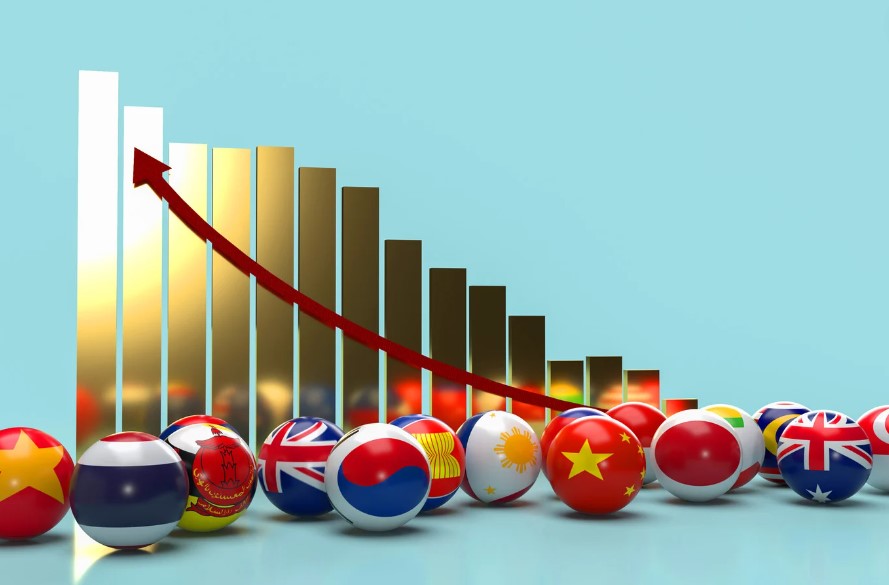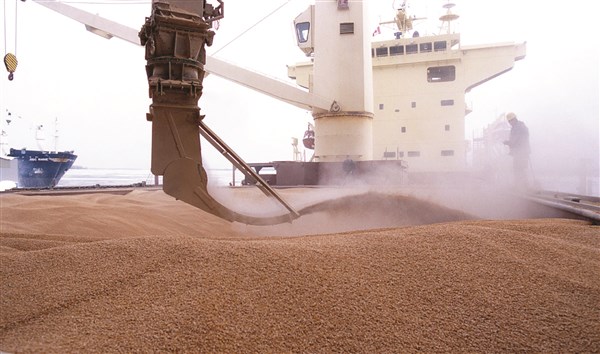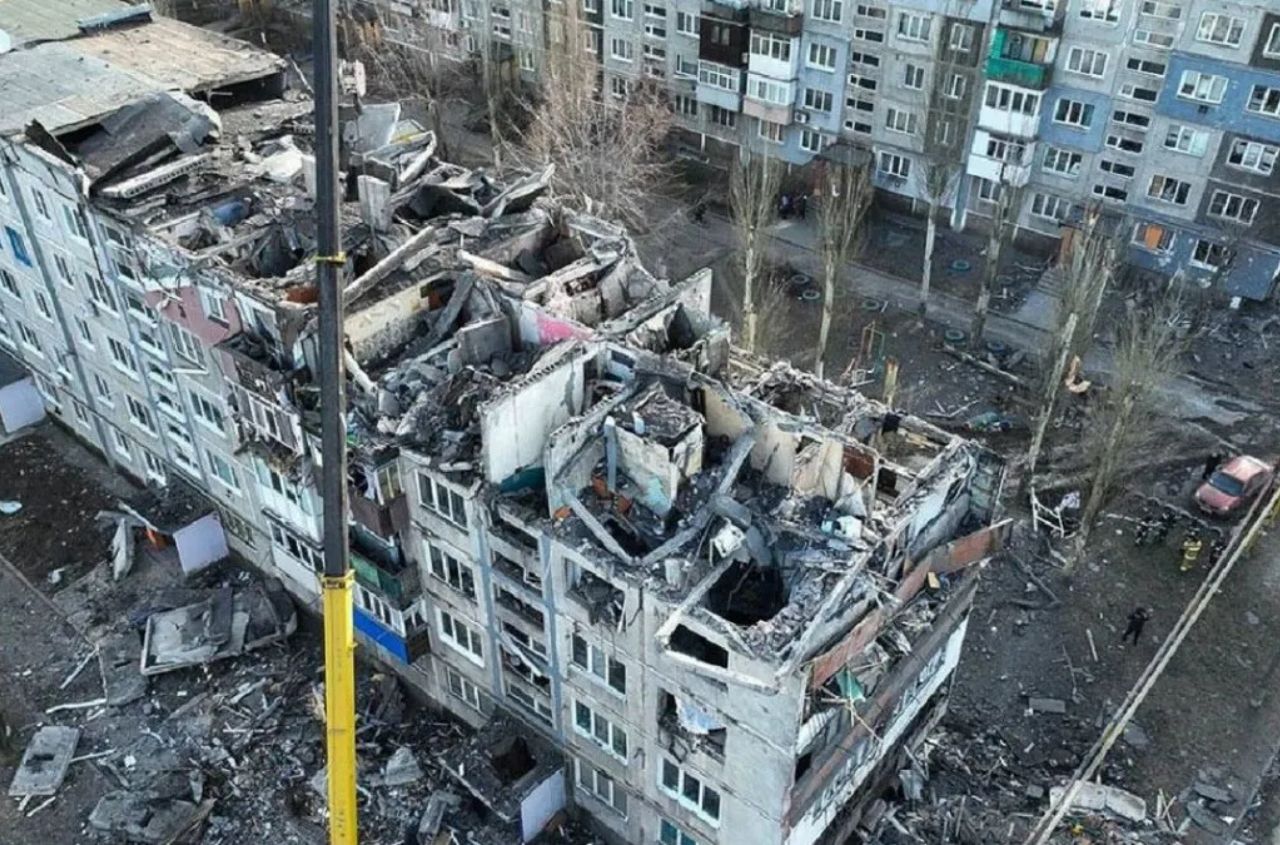Ukraine is preparing to approve and update several free trade agreements with countries in Europe and Asia in the near future, Deputy Minister of Economy and Trade Representative of Ukraine Taras Kachka told Ukrinform in an interview.
One of the primary tasks, according to Kachka, is to complete the formation of an integrated trade space in the Black Sea region. This involves developing partnerships with Romania and swiftly implementing a free trade agreement with Turkey.
"When we ratify this document, all Black Sea basin countries, except Russia, will be connected in a single system of rules of origin with a unified certificate of origin. This means more reliable supply chains and better understanding. This will also positively impact food security in Africa and Southeast Asia," explained Kachka.
In the current version of the agreement, potential risks previously mentioned by some Ukrainian politicians and business representatives have been minimized.
"We see that Ukrainian business needs this agreement. Many of my friends, deputies, and entrepreneurs were cautious about the agreement's prospects, citing specific risks for Ukraine. All their concerns have been addressed," Kachka assured.
He mentioned that the finalization of these agreements is a matter of weeks.
Ukraine also expects to sign a free trade agreement with the United Arab Emirates by the end of the year. Kachka recalled that many UAE traders stopped working with Ukraine following the onset of large-scale Russian aggression, but trade is now returning with mutual interest in increasing its volume.
Plans also include updating trade agreements with Norway, Switzerland, and Iceland, countries of the European Free Trade Association. The current agreement, signed over a decade ago, requires updating to provide greater market access, especially for agricultural products. Updates are also planned for agreements with Montenegro, similar to the recent update with North Macedonia, and other Balkan countries. Negotiations are also planned with Mediterranean countries, including Tunisia and Lebanon, which are interested in cooperating with Ukraine.
According to Kachka, this will complete the project of creating a maximally open trade space in the Mediterranean for Ukrainian goods.
Dialogues with Pacific region countries continue within the framework of the Comprehensive and Progressive Agreement for Trans-Pacific Partnership (CPTPP). For example, Ukraine is interested in updating the mutual investment protection agreement with Japan to include trade elements.
"There will be many 'non-global' but important and consistent actions by the end of the year. Our strategy of gradually improving access to all key markets for Ukraine remains relevant," Kachka concluded.




















